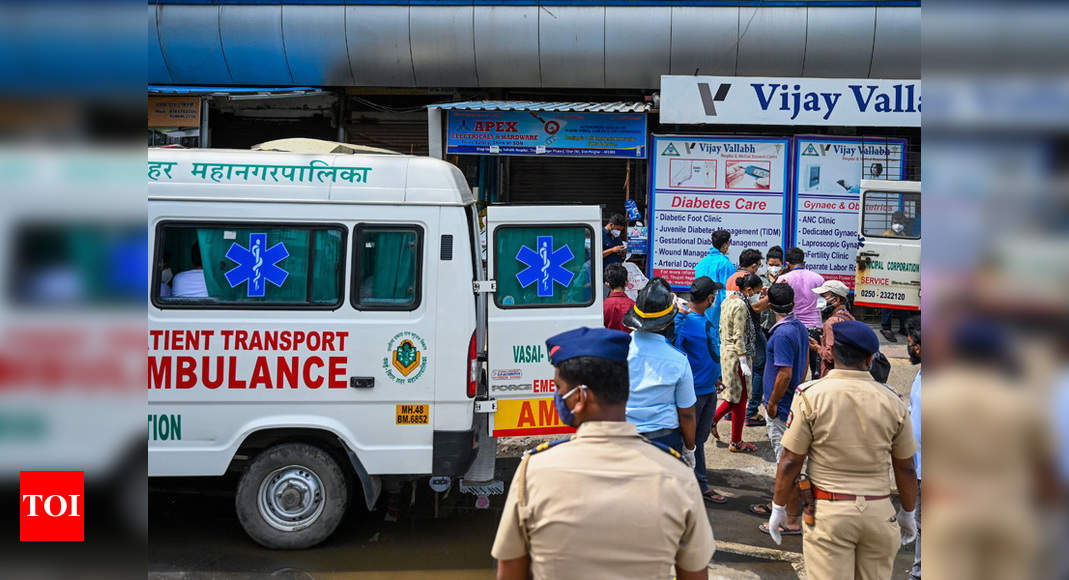Beyond the Numbers: Unmasking India's COVID-19 Reality
India's fight against COVID-19 has been a rollercoaster, marked by both triumphant moments and devastating setbacks. While official numbers provide a snapshot of the pandemic's impact, they often fail to capture the full, complex reality on the ground. This article delves beyond the statistics, exploring the human cost, societal impact, and lingering challenges India continues to face.
The Official Narrative vs. Ground Realities: A Stark Contrast
India's official COVID-19 data, while providing a general overview, has faced scrutiny regarding its accuracy and completeness. Many believe the actual number of infections and deaths significantly surpasses the reported figures, particularly during the devastating second wave in 2021. This discrepancy highlights the challenges in data collection, especially in a country as diverse and geographically vast as India.
Challenges in Data Collection:
- Underreporting in Rural Areas: Limited healthcare infrastructure and access to testing in rural communities led to underreporting of cases and deaths.
- Lack of Standardized Data Collection: Variations in reporting protocols across different states hampered the creation of a comprehensive national picture.
- Stigma and Fear: The social stigma associated with COVID-19 discouraged many from seeking testing or reporting infections.
The Human Cost: Beyond the Statistics
The sheer scale of human suffering during the pandemic is difficult to quantify. Beyond the official death toll, countless families experienced loss, grief, and long-term health consequences. The mental health impact, including anxiety, depression, and PTSD, is a significant and often overlooked aspect of the pandemic's legacy.
The Long Shadow of COVID-19:
- Long COVID: The long-term health effects of COVID-19, commonly known as "long COVID," are affecting a significant population, impacting their ability to work and participate fully in society.
- Orphaned Children: The pandemic left thousands of children orphaned, highlighting the vulnerability of the most vulnerable segments of the population.
- Economic Hardship: The lockdowns and economic disruptions caused widespread unemployment and poverty, exacerbating existing inequalities.
Societal Impact and Long-Term Challenges
The pandemic's impact extended far beyond the healthcare sector. It exposed deep-seated inequalities in access to healthcare, education, and essential resources. The pandemic also accelerated the digital divide, as many struggled to adapt to online learning and remote work.
Addressing the Lingering Challenges:
- Strengthening Healthcare Infrastructure: Investing in primary healthcare and improving access to healthcare in rural areas is crucial.
- Improving Data Collection and Transparency: Implementing standardized data collection protocols and enhancing transparency in reporting is essential for effective pandemic response.
- Addressing Social and Economic Inequalities: Implementing policies to address poverty, unemployment, and social inequalities is vital for building resilience against future crises.
- Investing in Mental Health Support: Providing adequate mental healthcare services to those affected by the pandemic is crucial for long-term recovery.
Looking Ahead: Lessons Learned and Future Preparedness
The COVID-19 pandemic served as a stark reminder of the importance of preparedness and resilience. India has learned valuable lessons, and ongoing efforts to strengthen its healthcare system and improve public health infrastructure are crucial for mitigating the impact of future health crises. Continued investment in research, vaccination campaigns, and public health education will be critical in protecting India's population from future pandemics.
Call to Action: Stay informed about COVID-19 and follow public health guidelines to protect yourself and your community. Support organizations working to address the lasting impacts of the pandemic. Learn more about .
This article aims to provide a comprehensive overview of India's COVID-19 reality. While official numbers offer a baseline understanding, it's crucial to recognize the depth and breadth of the pandemic's impact beyond those statistics. Only by acknowledging the full human cost and societal impact can India effectively address the lingering challenges and build a more resilient future.
